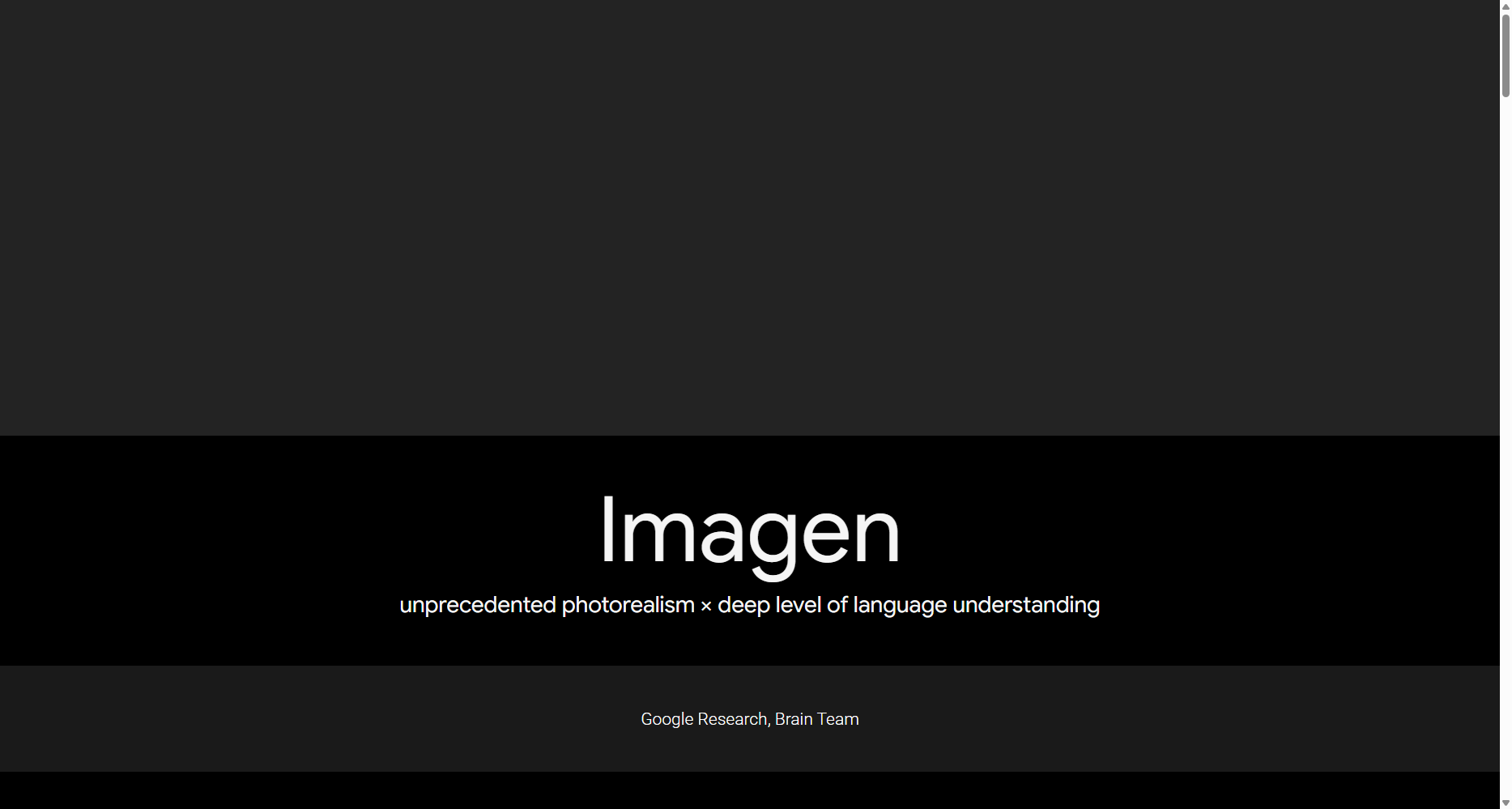










Imagen: Text-to-Image Diffusion Models
Imagen is a cutting-edge text-to-image diffusion model developed by Google Research's Brain Team. This innovative tool is known for its unprecedented photorealism and its deep language understanding. By leveraging the capabilities of large transformer language models, Imagen is able to comprehend text at an advanced level and create high-fidelity images based on textual descriptions.
Key Features
-
Large Transformer Language Models: Imagen utilizes generic large language models, such as T5, which are pretrained on text-only corpora. These are surprisingly effective at encoding text for image synthesis.
-
Enhanced Image Fidelity and Alignment: Increasing the size of the language model boosts both the sample fidelity and the alignment between the image and text, considerably more than enlarging the image diffusion model.
-
Benchmark Achievements: Imagen has achieved a state-of-the-art Fréchet Inception Distance (FID) score of 7.27 on the COCO dataset, even without direct training on this dataset.
-
DrawBench: Introduced as a comprehensive benchmark for evaluating text-to-image models, DrawBench allows comparisons with other methods such as VQ-GAN+CLIP, Latent Diffusion Models, and DALL-E 2, consistently proving superior sample quality and image-text alignment.
Additional Features
Imagen also extends its capabilities with additional tools from the Imagen family:
- Imagen Video: Further enhancements for video-related text-to-image transformations.
- Imagen Editor: Tools for editing and refining the generated images.
Overall, human raters prefer Imagen over other models for both its sample quality and accurate image-text alignment, illustrating its potential impact on the field of AI-generated imagery.
For a more visual representation, Imagen can produce whimsical imagery such as "a brain riding a rocketship heading towards the moon" or "a dragon fruit wearing a karate belt in the snow." This highlights its ability to generate unique and contextually relevant images.
